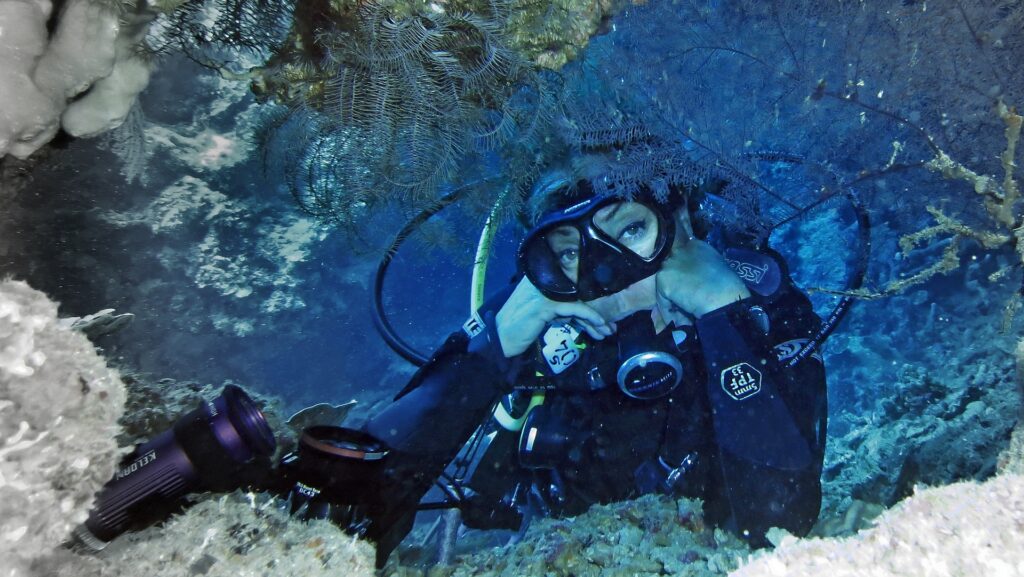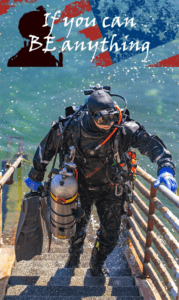
Scuba Diving and High Blood Pressure Medication: A Risky Combination

I was shocked when I stumbled upon a Facebook post from a diver who described feeling dizzy underwater while on medication for high blood pressure. Their doctor had deemed it ‘safe,’ but this reckless disregard for potential danger spurred me to write this urgent post.
If you're a scuba diving enthusiast managing high blood pressure with medication, it's crucial to prioritize safety. Certain medications, such as blood thinners, alpha-blockers, and beta-blockers, can pose significant risks underwater.
~ The Book of SCUBA
Why is this dangerous?
Blood Thinners
Blood Thinners: These medications can increase bleeding risk, which can be a serious concern, especially in case of injury.
Even minor injuries, such as those that can occur during diving, can lead to significant bleeding in individuals taking blood thinners. This is because blood thinners reduce the blood’s ability to clot, making it harder for the body to stop bleeding. Here are some specific risks:
- Barotrauma: This is an injury caused by pressure differences between the body’s tissues and the surrounding environment. Even minor barotrauma, such as a sinus or ear injury, can lead to significant bleeding in individuals taking blood thinners.
- Decompression Sickness (DCS): If a diver experiences DCS, the blood thinners can exacerbate any bleeding associated with the condition.
- Surgical Procedures: Even minor surgical procedures, such as dental work, can be risky for individuals on blood thinners.
Therefore, it is generally strongly advised to avoid scuba diving while taking blood thinners. If you are considering diving while on blood thinners, it is crucial to consult with both your doctor and a dive physician to assess the risks and benefits. They can provide personalized advice based on your specific medical condition and the type of blood thinner you are taking.
Alpha-Blockers
Alpha-Blockers: These medications can lower blood pressure and heart rate, potentially impairing a diver’s ability to react quickly to emergencies.
While alpha-blockers can be effective in managing certain medical conditions, they can pose potential risks when combined with scuba diving.
Primary Concern: Orthostatic Hypotension
One of the most significant side effects of alpha-blockers is orthostatic hypotension, a condition that causes a sudden drop in blood pressure when standing up from a sitting or lying position. This can lead to dizziness, lightheadedness, and even fainting.
In the context of scuba diving, orthostatic hypotension can be particularly dangerous. The rapid changes in pressure during diving and surfacing can exacerbate the effects of this condition, leading to potential accidents.
Other Considerations:
- Impaired Thermoregulation: Alpha-blockers can affect the body’s ability to regulate temperature, making it more difficult to maintain core body temperature in cold water.
- Reduced Alertness: Some individuals may experience fatigue or drowsiness as a side effect of alpha-blockers, which can impair cognitive function and reaction time, both crucial for safe diving.
Beta-Blockers
Beta-blockers are a class of medications that primarily work by slowing down the heart rate and reducing the force of heart contractions. While they can be effective in managing conditions like high blood pressure, heart disease, and anxiety, they can pose certain risks when combined with scuba diving.
Key Concerns:
- Reduced Exercise Tolerance: Beta-blockers can reduce the heart’s ability to respond to physical exertion. This can limit a diver’s capacity for strenuous activity, such as swimming against currents or ascending quickly.
- Impaired Cardiovascular Response: Beta-blockers can reduce the body’s ability to increase heart rate and blood pressure in response to stress or cold-water exposure. This can affect the body’s ability to compensate for increased physiological demands during diving.
- Masked Symptoms: Beta-blockers can mask symptoms of conditions like hypothermia or decompression sickness, making it difficult to recognize and respond to these potentially life-threatening conditions.

A Word of Caution
While recreational scuba diving can be a thrilling and rewarding experience, combining it with medication without medical advice is a dangerous gamble. Always consult with a qualified healthcare professional to assess your specific situation and determine if diving is safe for you. Remember, prioritizing safety is essential to enjoy the underwater world responsibly.
Your Regular Doctor Might Not Be Qualified
While your regular physician may provide general medical advice, it’s crucial to consult with a medical professional specializing in dive medicine. Only a dive medicine specialist can accurately assess the risks associated with scuba diving while on high blood pressure medication. If your doctor approves your diving without requiring a cardiac stress test, they may not have the necessary expertise to evaluate your specific situation. Prioritize your safety and seek advice from a qualified dive medicine specialist.









